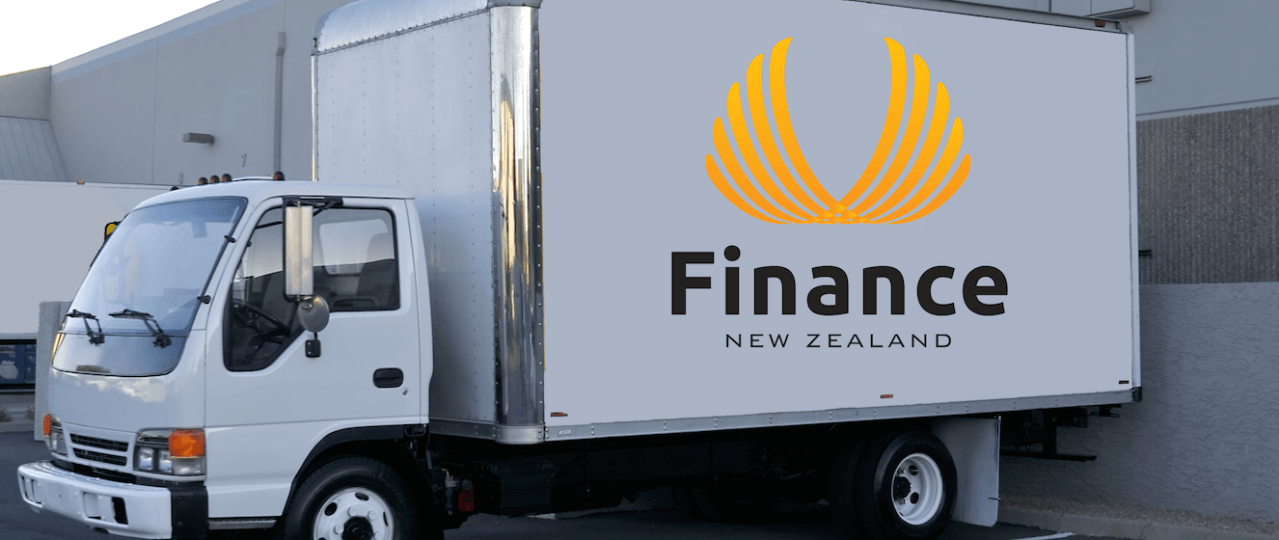When is leasing a viable option?
Date
28 June 2016
Share

Leasing business equipment has many advantages and could be a real asset to helping your business thrive. It gives you flexibility to grow and upgrade your equipment and machinery, regardless of what it is, without hitting you hard in the pocket.
Basically, with a lease, you get the sole use of a brand new machine for an agreed amount of time – usually between one and five years – and pay a monthly rental to the leasing company, who owns the asset.
An operating lease is an efficient use of capital – it will maximise your liquidity, keep your balance sheet looking healthy, allow for better cash flow and minimise the risks associated with equipment ownership.
If your business is new or small or the market is looking uncertain, leasing business equipment is like having a safety net. It lowers the risk of having pricey pieces of gear. You can match your lease to the project contract you’re using it for, so when the job is done you’re free of it without worry or stress.
There is no obligation to buy when the lease expires, and you don’t have the hassle of selling a mid-life asset if you no longer have a need for it.
Talk to Finance New Zealand for all the details.
This information is intended to provide general information on operating leases and equipment finance and should not be taken as advice. For more information, speak to your advisor at Finance New Zealand
Similar Posts
12 January 2026
Asset & Equipment Finance LVRs
Purchasing new vehicles, machinery, or equipment often raises one key question: how much deposit is required? The answer depends on more than just the asset. It comes down to LVRs (Loan to Value Ratio's), structure, and lender, policy & appetite. This article explains how asset and equipment finance LVRs work in New Zealand, and why advice matters.

27 November 2025
The Bottom of the Cycle? What the OCR Cut Means for 2026
Shifting interest rates are reshaping the way businesses finance equipment, vehicles and growth. Understanding these changes can help you make smarter, better-timed funding decisions.


Page Links
Contact us
Finance New Zealand Limited L11 BDO Tower, 19-21 Como Street, Takapuna, Auckland 0622 PO Box 65164, Mairangi Bay 0754 T: (09) 222 0320E: info@financenz.co.nzMember of


Proud Sponsors of Auckland Rescue Helicopter Trust
Copyright Finance New Zealand Ltd 2026



